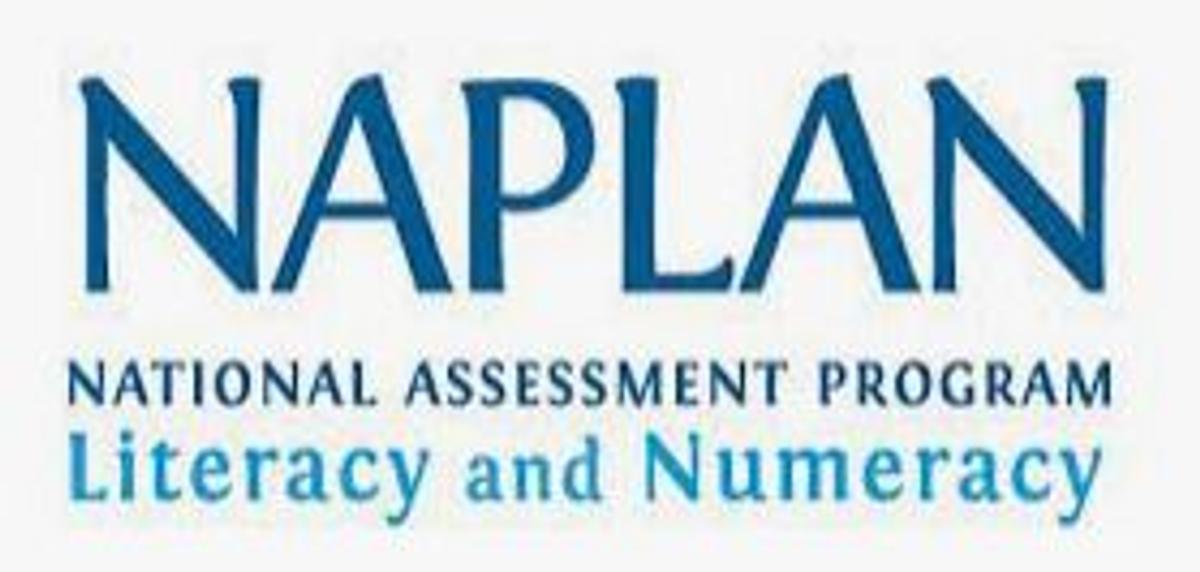From the Principal

Welcome back
Welcome back to the second week of Term 3 and our first newsletter for the term. We
trust that our families and school community enjoyed a break of some description. It is pleasing to see the way our students have returned to school and the routines of the school day. We have enjoyed a great first week back together.
Some exciting events that we are looking forward to this term are:
- Year 6 Camp
- Whole School Specialist Day (STEM focus)
- 100 Days of School (Foundation)
- Kaboom Music Incursion (Foundation - Year 6)
- Book Week dress up day (Friday , 25th August)
- Father’s Day Pizza Night
- Footy Fun Day
- Year 5 / 6 Ski Trip
- Year 3 / 4 Sleepover
- Year 1 / 2 Scienceworks excursion
- Victorian High Ability Program (Selected Year 5 & 6 students)
- International Competitions and Assessments for Schools (ICAS) Assessments
- Foundation Transition Program for 2024 Foundation students
International Students
This term we have accepted a number of short-term international students to attend our school. These students will attend our school in Term Three. Some students will be staying for the entire term while others will be here for six weeks.
It is a great honour that families from overseas have nominated our school for their children to experience schooling in Australia. We welcome these students and their families to our school. We would like to acknowledge how wonderfully accommodating our students and staff are to these students and families.
We trust that these students and their families enjoy their time at Camelot Rise PS.
NAPLAN Results
Ahead of NAPLAN results being provided to our year 3 and 5 students we would like to
inform the community of some changes to this year’s NAPLAN reporting. These are changes being introduced nationally by the Australian Curriculum Assessment and Reporting Authority (ACARA).
NAPLAN will continue to measure student achievement in numeracy, reading, writing, spelling, and grammar and punctuation but the results will now be presented in 4 proficiency levels:
- exceeding
- strong
- developing
- needs additional support.
This change will give schools, parents and carers clearer information that details student achievement against new proficiency levels. Students’ NAPLAN reports will continue to show how they are tracking against their peers and provide an indication of their skill levels against national averages and where we would expect them to be to get the most out of schooling. This provides valuable information to teachers about how we can continue to support your child.
Each set of NAPLAN results is an important milestone but it’s also important that students know that one result does not define them. These results help us as a school to reflect upon our students’ results – both at the individual level and cohort level – to see areas of strength as well as areas we will need to focus on in the future.
When we provide you with your results, you will also receive information about what the new proficiency levels mean. Australian Catholic University’s Jessica Holloway, an expert in educational data and accountability recently noted, “conversations that parents have with their children about the results can really change the way that child thinks about themselves, not only in the immediate time but also for the future. Teachers are the ones who are on the ground. They’re the ones who know the students better than anybody. And they’re able to speak, really expertly, on the student’s progress and achievement level”. As always, you’re welcome to speak to myself, Ben Heys or your child’s teacher with any questions about these changes.
Friday 18th August, Pupil-free Day - Curriculum Day
Friday, 18th August will be a Curriculum Day (Student Free day at Camelot Rise Primary School). Our Camp Australia Out of School Hours Care program will be operating. You will need to book in with Camp Australia if you would like to access the program.
Nationally Consistent Collection of Data on School Students with Disability (NCCD)
Every year, all schools in Australia participate in the Nationally Consistent Collection of Data on School Students with Disability (NCCD). The NCCD process requires schools to identify information already available in the school about supports provided to students with disability. These relate to legislative requirements under the Disability Discrimination Act 1992 and the Disability Standards for Education 2005, in line with the NCCD guidelines (2020). Information provided about students to the Australian Government for the NCCD includes:
- year of schooling
- category of disability: physical, cognitive, sensory or social/emotional
- level of adjustment provided: support provided within quality differentiated teaching practice, supplementary, substantial or extensive.
This information assists schools to:
- formally recognise the supports and adjustments provided to students with disability in schools
- consider how they can strengthen the support of students with disability in schools
- develop shared practices so that they can review their learning programs in order to improve educational outcomes for students with disability.
The NCCD provides state and federal governments with the information they need to plan more broadly for the support of students with disability.
The NCCD will have no direct impact on your child and your child will not be involved in any testing process. The school will provide data to the Australian Government in such a way that no individual student will be able to be identified – the privacy and confidentiality of all students is ensured. All information is protected by privacy laws that regulate the collection, storage and disclosure of personal information. To find out more about these matters, please refer to the Australian Government’s Privacy Policy https://www.education.gov.au/privacy-policy
Further information about the NCCD can be found on the NCCD Portal https://www.nccd.edu.au
If you have any questions about the NCCD, please contact the school.
Students at school very early
We are concerned at the number of students arriving at school without a parent onsite before 8.45am. Prior to 8.45am staff are not on duty and the school grounds are unsupervised. Whilst we understand that some parents have work commitments that require them to leave for work earlier than 8.45am you need to plan for your child. Camp Australia offers an excellent out of School Hours Care (OSHC) program to support our families.
What is Parent Engagement?
Parent Engagement is being positively involved and active in your child’s learning. Your attitudes, values and behaviours can positively influence your child’s education outcomes.
We know that parents, families and carers are some of the most important influences on a child’s education. When you are positively engaged in your child’s education, they are more likely to attend and perform better at school.
Effective parent and family engagement in education is more than just participation in school meetings and helping with fundraising, it is actively engaging with your child’s learning, both at home and at school. When schools and families work together, children do better and stay in school longer.
You can support your child to get the most out of their schooling. The earlier you become engaged, the better it is for your children.
Why is parent engagement important?
Parent engagement is associated with improvements across a range of indicators, including:
- better education outcomes
- enhanced engagement with schoolwork
- more regular school attendance
- better behaviour and increased social skills.
How you can help your child do well at school
While it is important to stay informed and be involved in school activities where possible, there are lots of things you can do at home which can help your child to do better at school:
- Have high yet achievable expectations of your child.
- Talk regularly about school and the value of learning.
- Encourage positive attitudes and respect for school and teachers.
- Model the behaviours you would like to see in your child.
Other things you can do which have also been shown to have a positive impact are to:
- Read aloud with your child and listen to your child read.
- Talk and ask about what they are learning.
- Ask what was and was not fun at school.
- Help them to develop strong work habits.
Matthew Coney and Ben Heys


